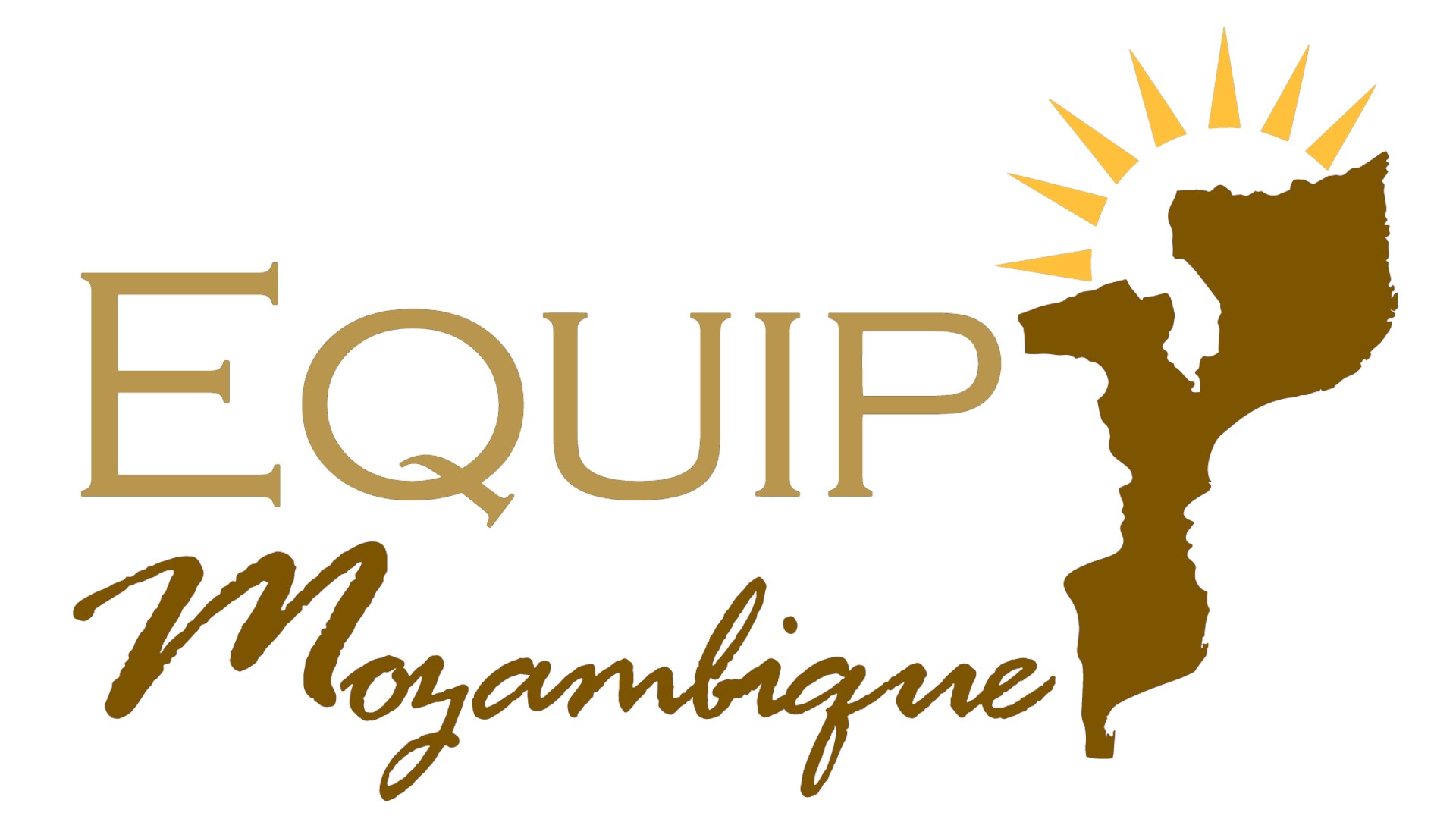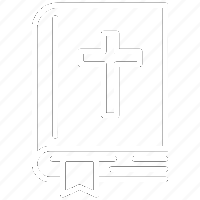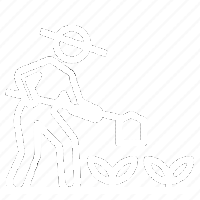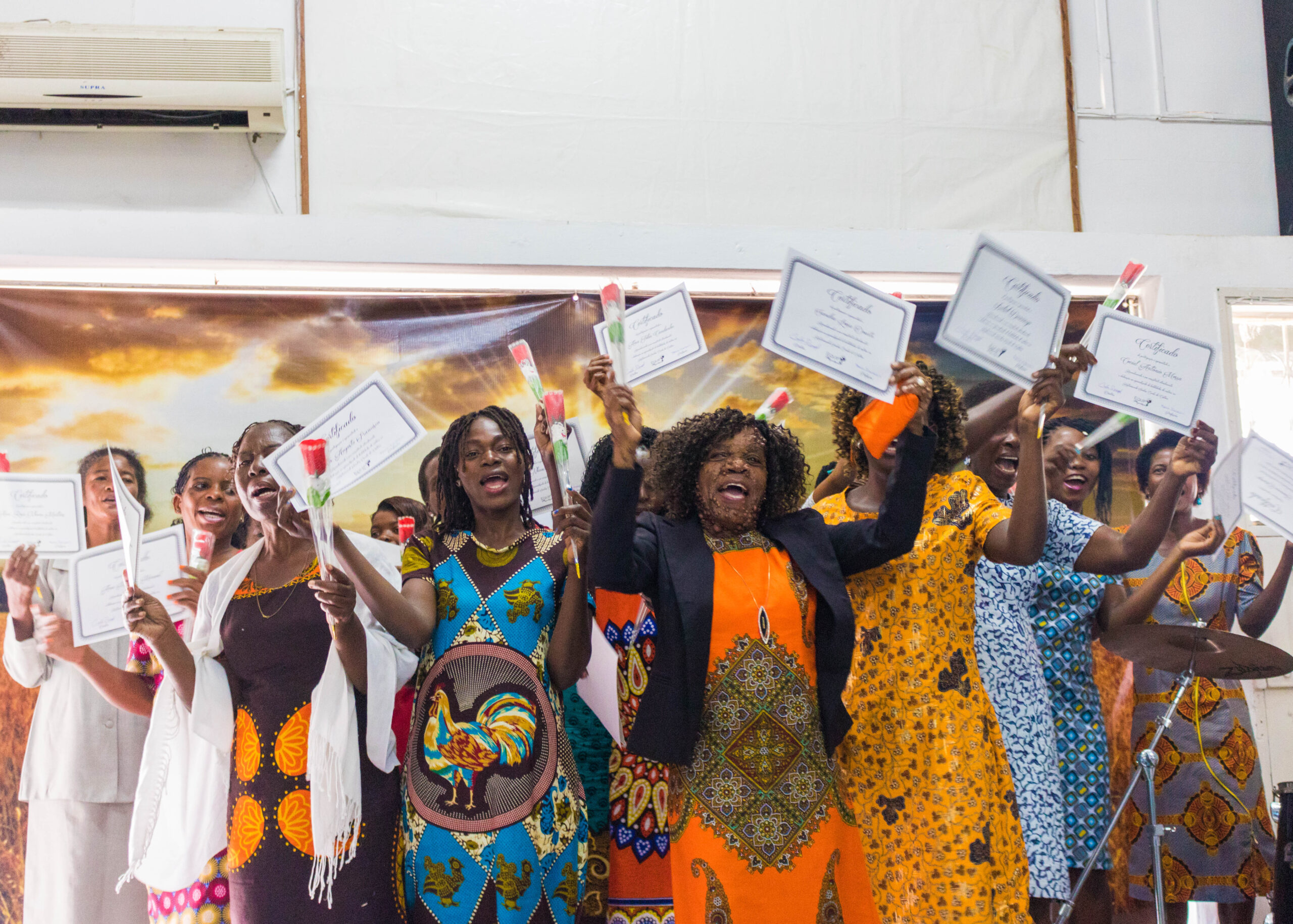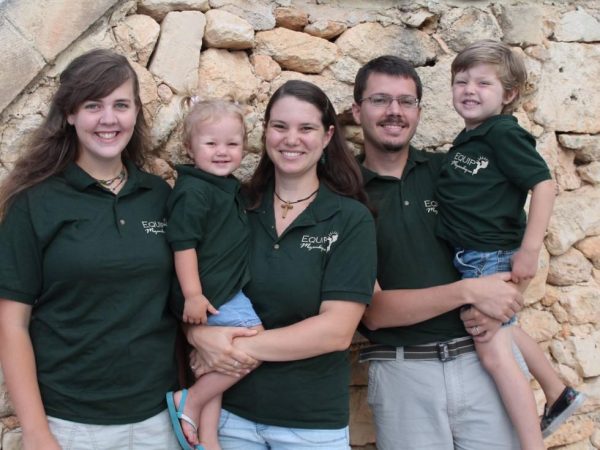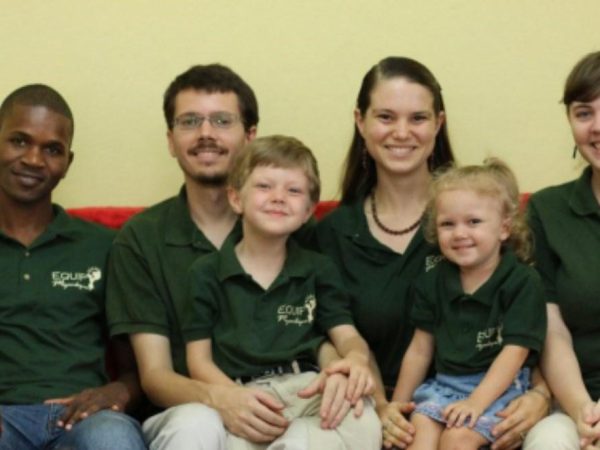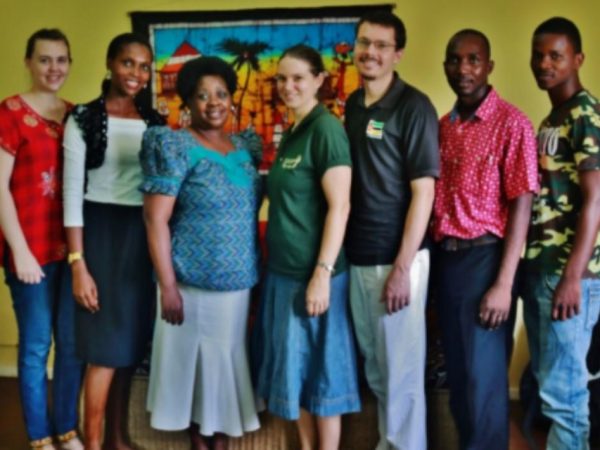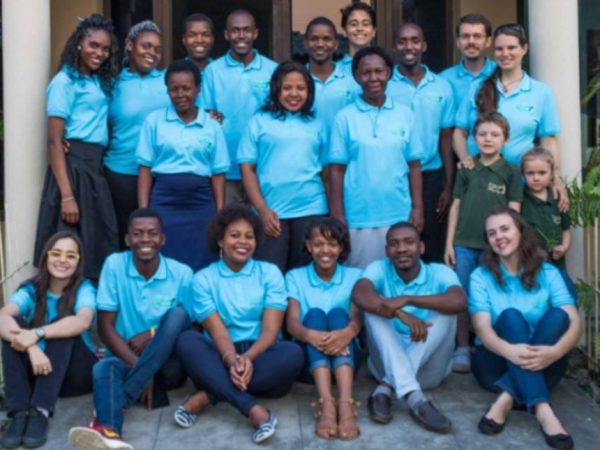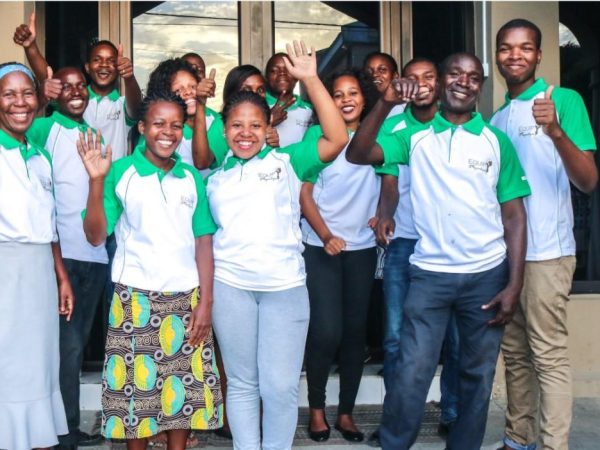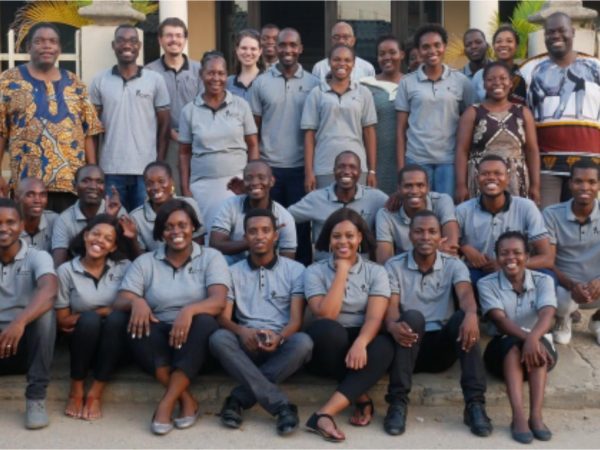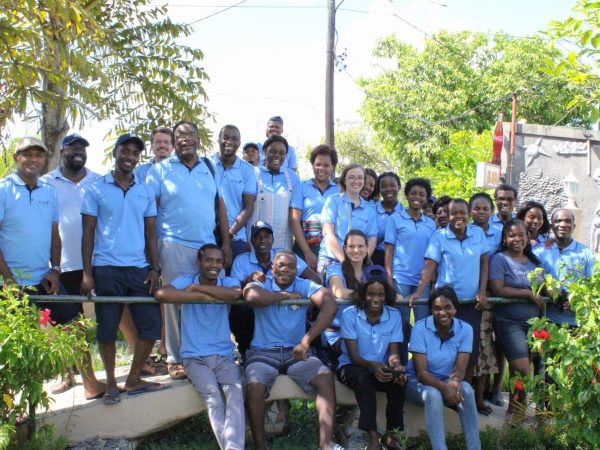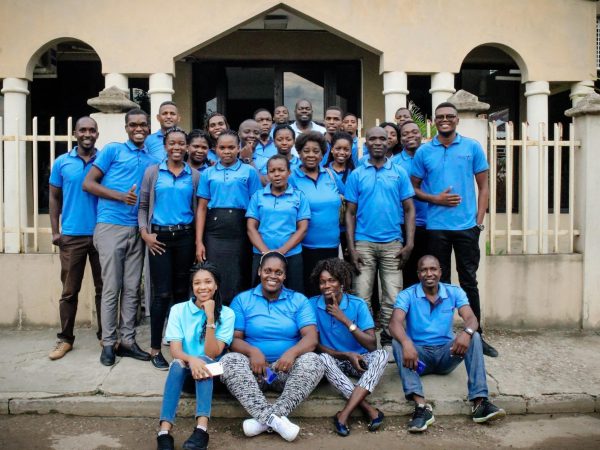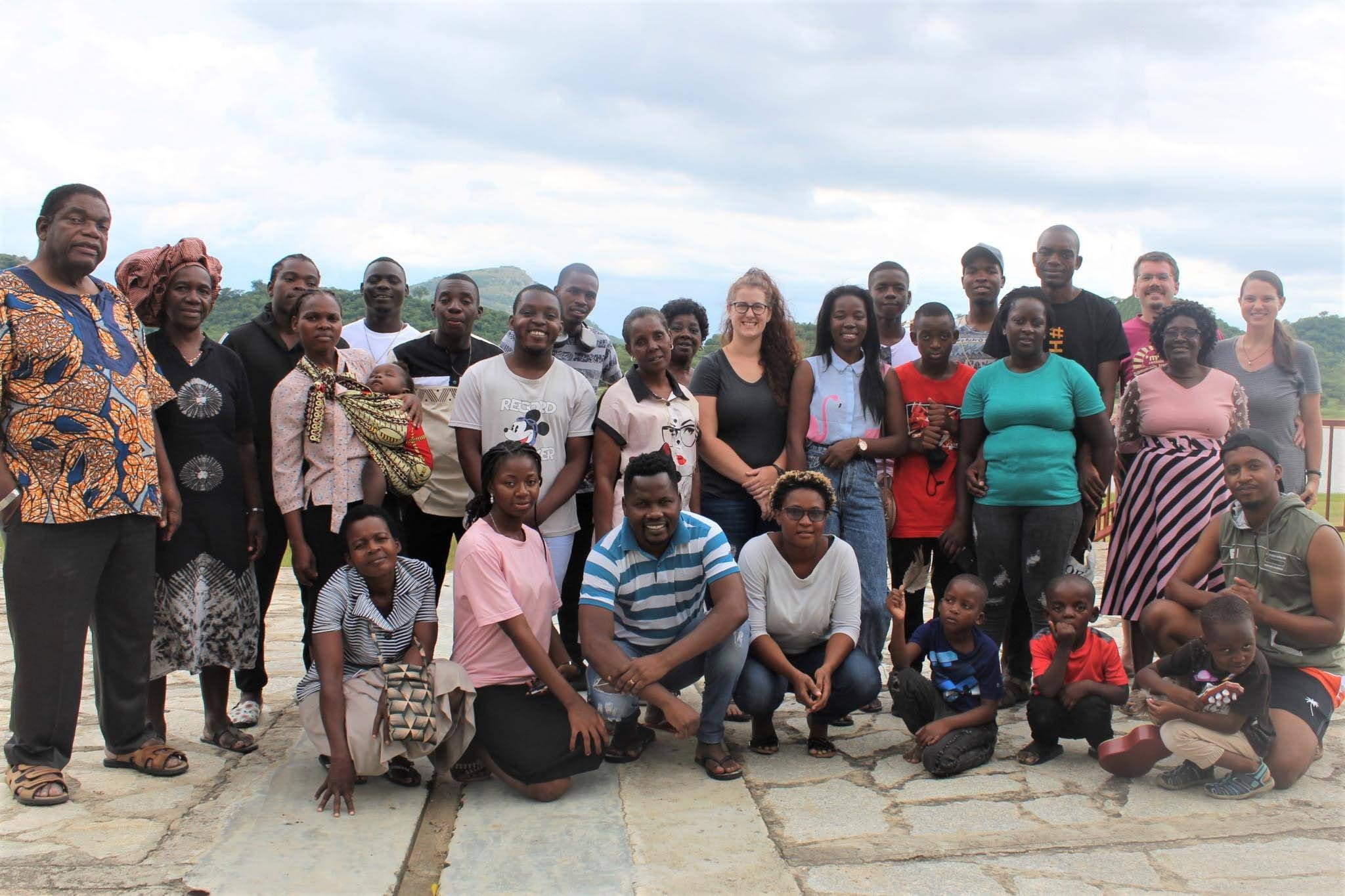
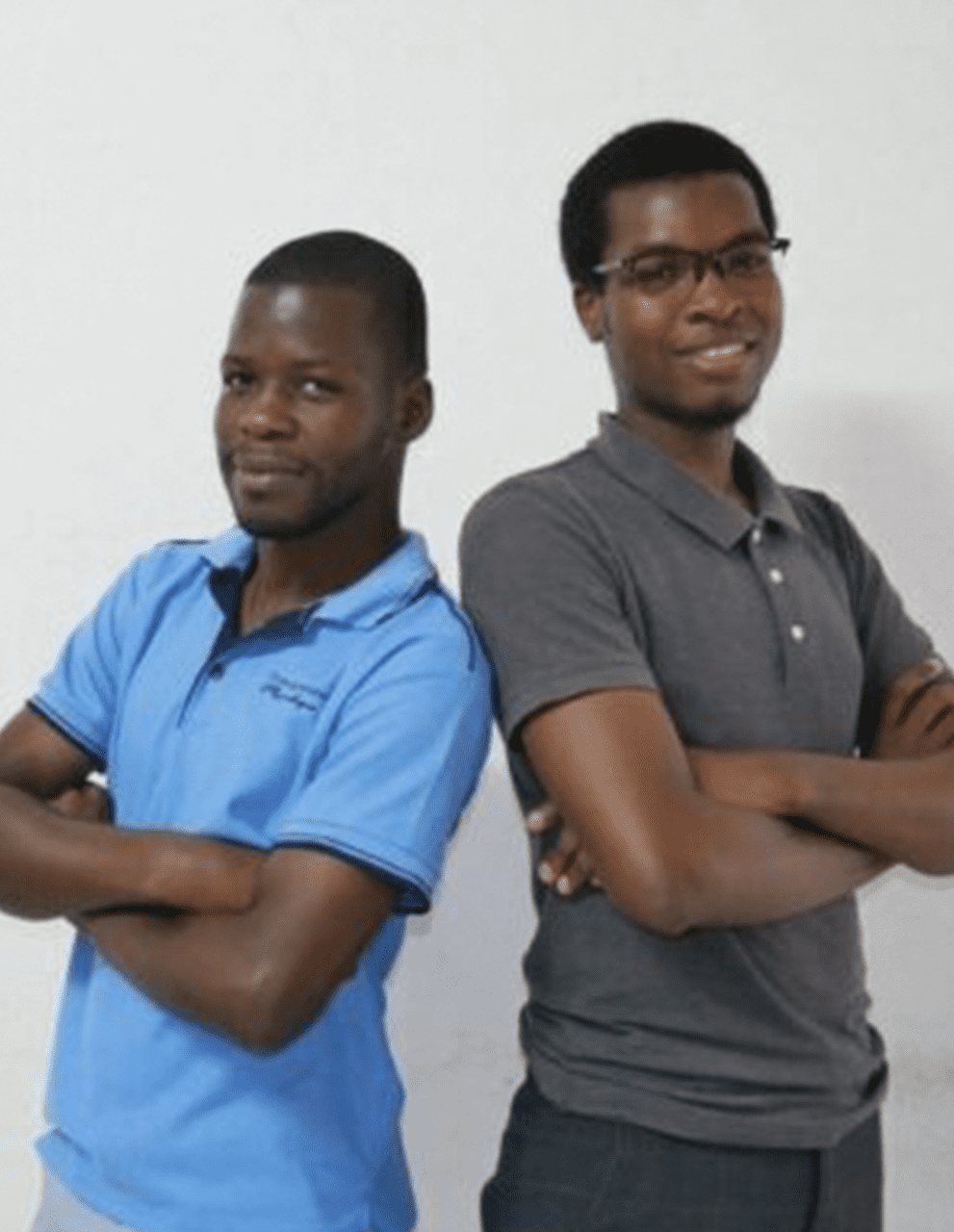

Agents of
Transformation
“I feel empowered to take initiative to think about the solutions to problems, which is one of the main things we have learned here in Equip Mozambique.”
-Ebel Chimunthu

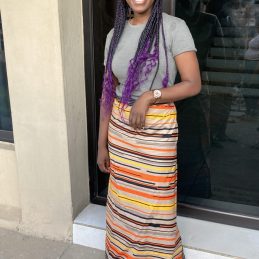
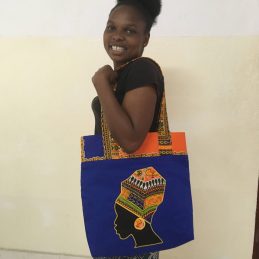
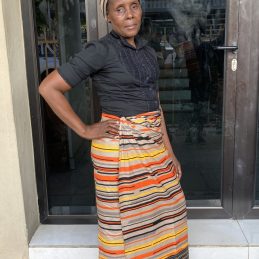
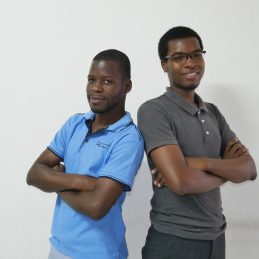
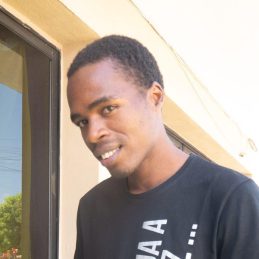
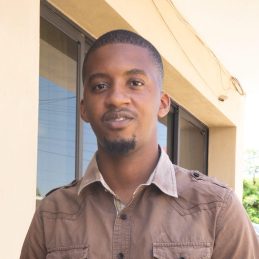
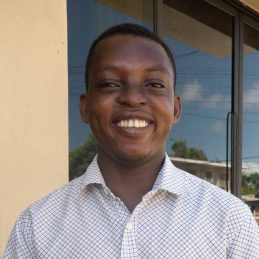

Systems of Shalom
"For I know the plans
that I have in mind for you," declares the LORD,
"plans for shalom
and not calamity—
to give you a
future and a hope."
We strive to bring the Biblical concept of peace, especially as revealed in the rich Hebrew word “Shalom”. Its meaning is deeper than simply the absence of conflict, and is much better understood as the presence of wholeness. In this fallen world, nearly everyone has experienced some kind of brokenness, but this is not how we are meant to live.
Our purpose is to impact and heal whole systems that are holding people back from reaching their full potential, from experiencing wholeness and Shalom.
Equip Mozambique is so much more than a conglomeration of random, unrelated projects. We are building a team of Mozambicans who confront broken systems and innovate solutions that bring Shalom. That can look very different in various contexts, but always with a focus on long-term impact that fixes the myriad of problems in many people’s day-to-day realities.
Carla visiting the home of Estrela, a widow in the sewing school

1. Discover
Before real learning can take place, we often have to realize how much we don’t know. We seek to ask far more questions than we answer and help others with their vision before we ask for help with ours. In a culture accustomed to being told what to do, we’ve found this humility is the best way to approach discovery, and it gives Mozambicans the freedom to tell us about pitfalls and potential issues.
In the process of discovery, we seek to spend a lot of time with the local Mozambicans, seeing first-hand how business transactions, family obligations, and their surroundings impact them. Through these friendships, we can often discover which broken systems are affecting them personally, and work together to come up with a solution.

2. Partner
After we discover an issue that needs Shalom, the next step is to find out who else has seen that problem and is also passionate to do something about it. The two keys to partnership are to realize that:
1. I’m probably not the only person who has struggled with this, and
2. I probably can’t fix it by myself.
We believe that God created us to need each other, as is beautifully explained in 1 Corinthians 12 where Paul describes the Body of Christ. We each have our unique gifts, abilities, and passions that God has given us to make a difference, but no one can do everything alone. Only through partnership with a wide variety of individuals, organizations, Mozambicans, and foreigners can we truly bring Shalom to the broken systems that we confront.
Alex explaining our apps to a potential funding partner
Paulo and Isabel helping organize an Innovation Center "hackathon" event

3. Innovate
Once we have discovered the opportunity and partnered with a person or organization that has the same desire to bring transformation, we put our heads together to innovate a creative, long-term, system-transforming, and sustainable solution. Having a team with a variety of cultures, backgrounds, and skills helps immensely with this step, as new perspectives can see amazing solutions that might have otherwise been overlooked.
One of our key verses is John 15:16 - "I chose you and appointed you so that you might go and bear fruit—fruit that will last". With every potential solution that we explore, we ask if it will have lasting fruit and long-term impact. We rarely engage in activities that will only help someone today, instead we always seek to transform them for the rest of their life.

4. Empower
What Mozambicans need is holistic, empowering, dignifying development work as opposed to the humiliating relief/handout model that robs the poor of the chance to be part of their own transformation. To empower these nascent national leaders, we provide:
1. Training in a wide variety of fields,
2. Strategic partnerships to help in any areas where we don't already have skills,
3. Access to tools for whatever needs to be done, and
4. Connections to funding sources when necessary to help Mozambican leaders implement and grow their solutions.
